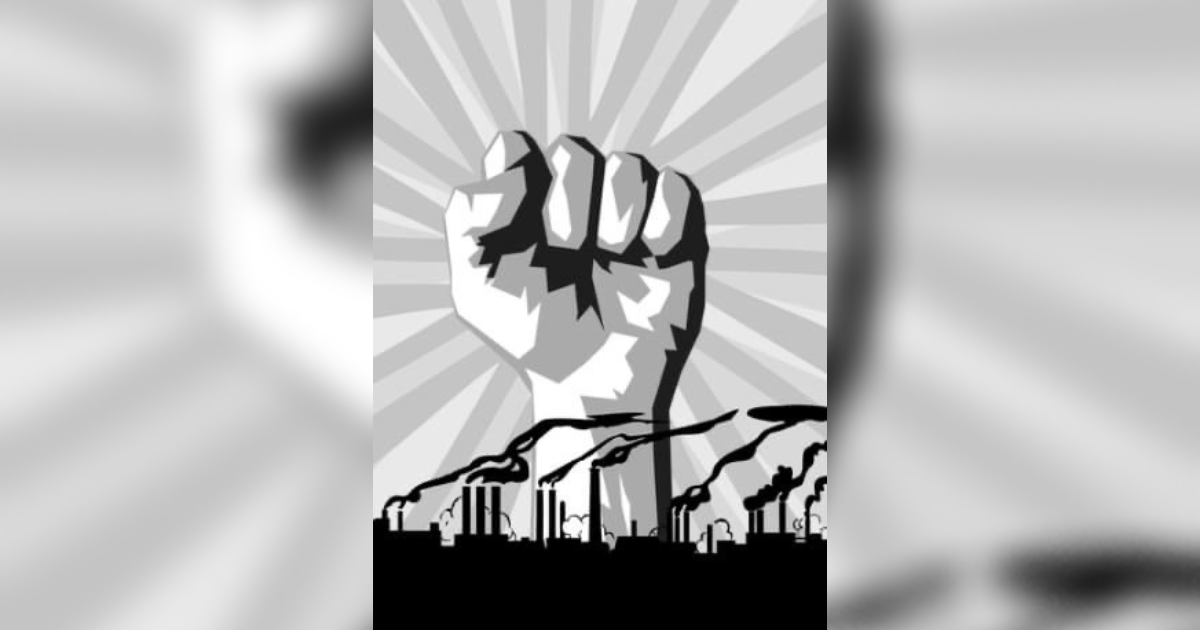Photo caption: GARD LOGO (Gary Advocates For Responsible Development)
Carolyn McCrady, Member of GARD(Gary Advocates for Responsible Development)
Something is very wrong in the State of Indiana. As a result of its misguided environmental policies, Indiana has left the majority of the people behind. A report recently released by the Northeast-Midwest Institute found that Indiana ranks last in the Midwest in protecting vulnerable communities. Cities like Gary, East Chicago and Hammond have been and continue to be in trouble. Because of historically high levels of pollution from heavy industry, people in the Region have elevated levels of illnesses, including cancer and respiratory diseases due to the toxic air everyone breathes on a daily basis. The citizens are at the mercy of a state agency working with out-of-date rules but charged with pollution regulation and an industry long indifferent to the needs of the people it affects.
Black and brown communities like Gary and East Chicago continue to be seen as dumping grounds and “sacrifice zones” by polluting industries. Not surprisingly, Gary and East Chicago have been designated by the Environmental Protection Agency (EPA) as Environmental Justice communities. Environmental justice focuses on the fair treatment and meaningful involvement of all people regardless of race, color, national origin, or income, with respect to the development, implementation, and enforcement of environmental laws, regulations, and policies.
There are, of course, solutions to the problems Indiana faces that would begin to address the harms caused by excessive industrial pollution. According to a report issued in 2020 by the Indiana Public Policy Institute, change needs to happen on a legislative level to ensure that people are protected. Some important recommendations include requiring cities to consider the cumulative environmental health impact of development plans, ensuring that everyone has a voice in decision making, and planning truck routes to avoid passing through neighborhoods.
Change can also happen at the local level. City administrations can decide not to bring more pollution into EJ communities and, instead, move toward responsible development. They can get behind policies to correct negative impacts and advance sustainable, cooperative, regenerative policies that uphold rights for all people, regardless of race, gender or economic status.
Cities like Gary can be rebuilt with a trained construction workforce. Health clinics that address specific needs can be built, and in so doing, create hundreds of new jobs. New schools, robust housing developments, small business incubators, urban farms, entertainment and recreational facilities can replace polluting industries like trucking and waste to fuel biorefineries.
Citizens can oppose potentially polluting industries like Fulcrum BioEnergy, which proposes to build a garbage-to-fuel biorefinery on Gary’s lakefront. According to the EPA’s EJ screen, the project would affect 35,000 people who are already breathing oversaturated air from steel mills and trucking operations. The citizens group, Gary Advocates for Responsible Development, (GARD) recently filed a petition with the Office of Environmental Adjudication (OEA) challenging Fulcrum’s air permit on the grounds that its application was based on inadequate calculations. Fulcrum can’t back up their process with facts but instead is just asking the people of Gary to “trust us.”
GARD believes that until Fulcrum provides more complete information, the Indiana Department of Environmental Management (IDEM) should revoke the company’s permit.
Public opposition to such projects is very important. The people have been historically left out of big industry’s decisions. But the public has a right and an obligation to be an active voice around any economic development decisions that will impact the health and well being of its residents.
We are at a crossroads. Indiana’s political leadership is in a race to become the top pro-business state in the country. Making pro-people decisions will determine the future of Indiana. The people cannot continue to allow Indiana to head down the wrong path. The time has come for education and action.






